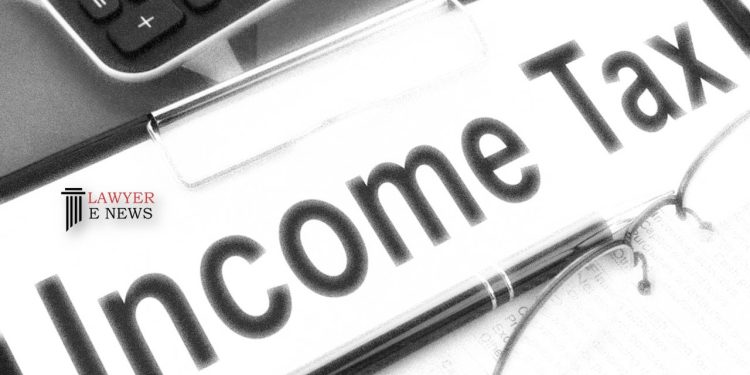Supreme Court rules confiscation of silver bars by DRI cannot be claimed as business loss.

On 24 April 2023 , In a recent judgement CIT, Jaipur Vs. Prakash Chand Lunia, the Supreme Court of India has ruled that the confiscation of silver bars by the Directorate of Revenue Intelligence (DRI) cannot be claimed as a business loss by the owner of the bars. The case pertains to an assesses who was engaged in the business of buying and selling silver, and whose premises were searched by DRI officials. During the search, 146 silver bars were seized and subsequently confiscated by the Customs Department. The value of the confiscated bars was added to the assessee’s income under Section 69A of the Income Tax Act as an undisclosed valuable article not recorded in the books of account.
The Court observed that Section 37 allows for deductions of losses incurred during the course of business, but Explanation 1 to the provision clarifies that any expenditure or loss incurred for an offence or that is prohibited by law shall not be considered as a deduction.The Court held that penalties or confiscations arising from offences cannot be said to be incidental to any business, and therefore losses arising from such penalties or confiscations cannot be claimed as deductions.
The assessee had claimed that the value of the confiscated bars should be allowed as a business loss, as they were in possession for the purpose of trading. The High Court had ruled in favour of the assessee, relying on the decision of the Supreme Court in CIT Patiala vs. Piara Singh, which had allowed a deduction for loss occasioned in the business of smuggling currency notes. However, the Supreme Court in this case distinguished Piara Singh on the grounds that the business of the present assessee was dealing in silver, and not smuggling of silver bars.
The Supreme Court observed that the decision in Piara Singh would not be applicable in the present case, and that the decision of this Court in the case of Haji Aziz and the decisions of the Andhra Pradesh High Court and the Bombay High Court which were pressed into service by the Revenue in Piara Singh would be applicable with full force. Accordingly, the Supreme Court quashed and set aside the High Court’s order, and restored the orders passed by the assessing officer, CIT(A) and the ITAT rejecting the claim of the assessee to treat the silver bars confiscated by the customs authorities as business loss.
The Supreme Court further noted that the ownership of the confiscated silver bars of the assessee cannot be disputed, and even the assessee is not disputing the same. Therefore, the main question before the Court was whether the assessee can claim the business loss of the value of the silver bars confiscated, and the Court held that Piara Singh would not be applicable as the business of the assessee was dealing in silver, and not smuggling of silver bars.
The judgement highlights the distinction between a claim for deduction of penalty or fine as allowable expenditure, and a claim for business loss on account of absolute confiscation of unaccounted goods, which are unaccounted stock in trade. The Court noted that while deduction of penalty or fine would not be available as it would defeat the purpose behind such penal action, the unaccounted goods, though added to the income of the assessee, are not available for trade and can be claimed as business loss.
The Commissioner of Income Tax Jaipur VS Prakash Chand Lunia






